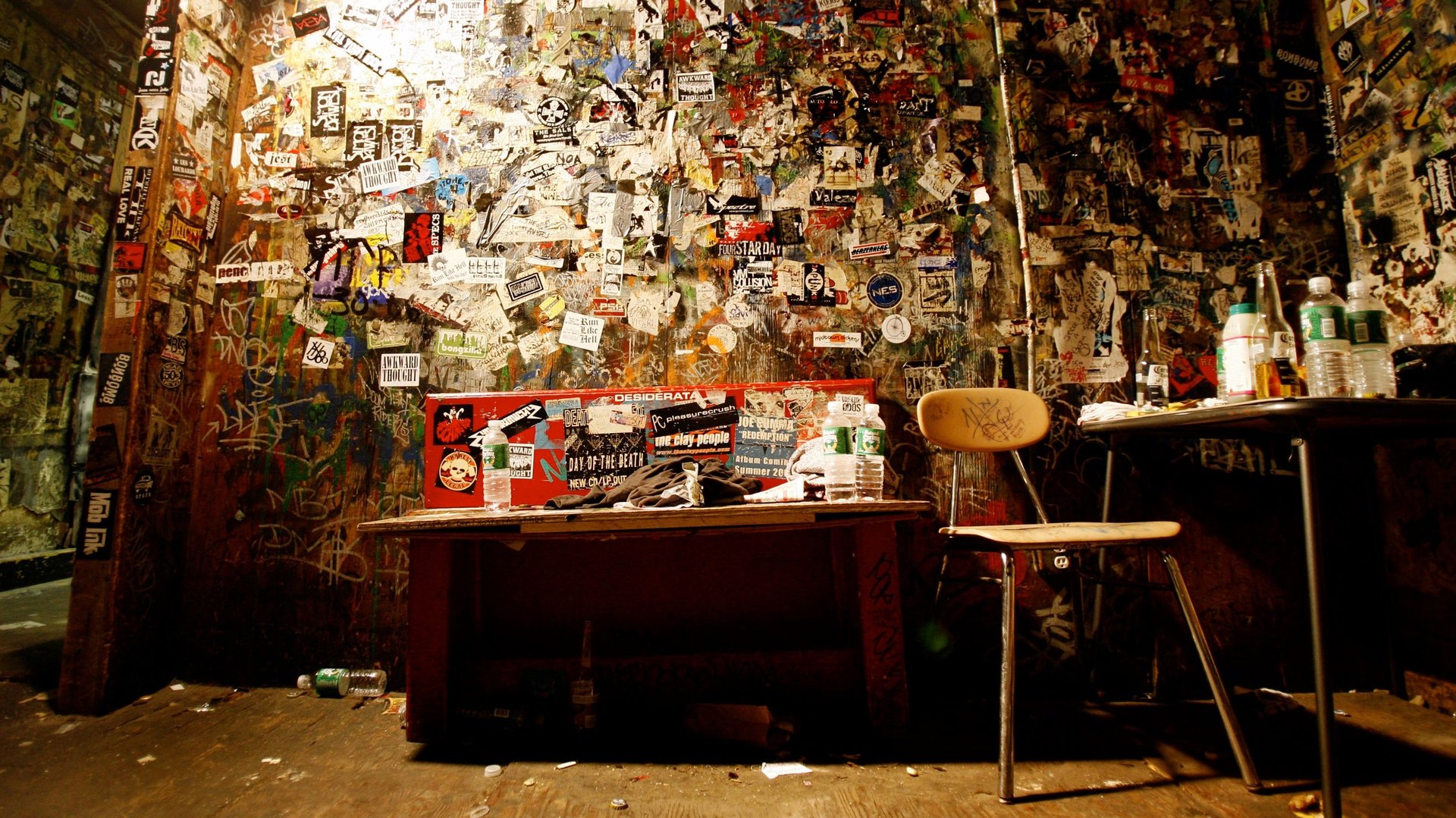The Unfuck Your Habitat 20/10 system teaches tidiness in easy steps
Spaces, neat or messy, influence how we feel. So tidying up has become popular as a practical path to happiness. You can’t ensure you’ll fall in love or find a great job, but you can definitely throw stuff out and scrub down surfaces.


Spaces, neat or messy, influence how we feel. So tidying up has become popular as a practical path to happiness. You can’t ensure you’ll fall in love or find a great job, but you can definitely throw stuff out and scrub down surfaces.
Extreme cleanup resolution fervor reaches a fever pitch at the new year. But an important element of cleaning up our acts is often overlooked: we don’t actually know how to do it, not naturally, and we’re not taught neatness in school in fine details as we are other practical topics, even if we’re instructed to do chores at home as children.
Unfuck Your Habitat: You’re Better Than Your Mess, released on Amazon today (Jan. 3), attempts to address tidiness ignorance with easy lessons; daily, weekly and monthly cleaning checklists and challenges; and one simple system. Author Rachel Hoffman calls it the 20/10 and it’s very straightforward: “A 20/10 is 20 minutes of unfucking (cleaning, studying, what have you) followed by a 10-minute break,” she explains. It’s not always literally 20 and 10 minutes; “45/15s are the same, only, you know, 45 and 15,” Hoffman says.
The idea behind a ratio—multiple parts drudgery to one part fun—is that it motivates you to do what must be done in small manageable steps. Most notably, Unfuck Your Habitat prohibits cleaning (and other achievement) marathons.
In this sense it stands in stark contrast to the extreme cleaning mode proposed by Mari Kondo in her book The Life-Changing Magic of Tidying Up. Kondo, whose writing is inspiring, makes neatness sound like the easiest way to transform a life, but her lessons are tough. She advises dumping everything you own on the floor in categories—clothing, books, random clutter—touching each item, and asking if it sparks joy (a process that becomes comprehensible only after you spend a few hours caressing t-shirts and sweaters). If not, you toss it.
Hoffman, on the other hand, takes the mild makeover approach. Unfuck Your Habitat is a practical guide on forming habits by taking small steps, incrementally addressing messiness and personal weaknesses. As you reach your goals every day, and you become a neater and more disciplined person while allowing for natural laziness.
The book evolved from a website and Tumblr account, both of which go by the same name (UfYH for short). As the title suggests, Hoffman is no delicate flower devoted to domesticity. She’s more a potty-mouthed cleanliness warrior. ”I curse. A lot. If this is problematic for you, we may have to admire each other from afar. There will be many f-bombs, as well as some more creative stuff,” Hoffman warns.
For those undaunted by the profanity, she offers motivation and a system for fighting filth incrementally. Hoffman believes everyone’s better than their mess but notes that most domestic guidance is aimed at people devoted to their households. ”It assumes everyone is married with kids and one partner is around a lot of the time, and has a lot of time to devote to ‘housekeeping.’ Well, we don’t all live that life,” she writes. “Our lives are complicated and sometimes messy, and we’re often distracted and overwhelmed and lazy. Yeah, I said it. We’re lazy. There’s no real shame in that, but it’s something to overcome, at least temporarily.”
Start by making the bed every day, Hoffman says. Your space will be 20% neater and you will feel way less fucked.